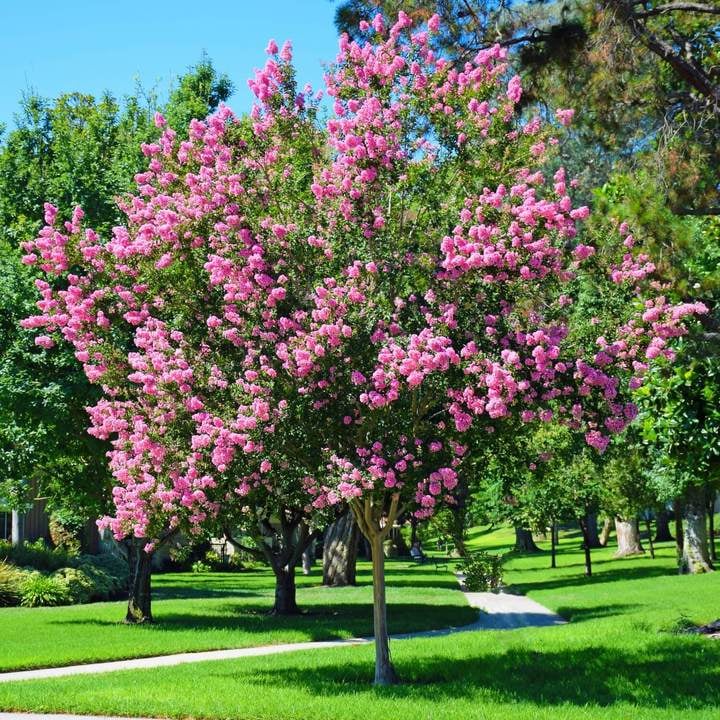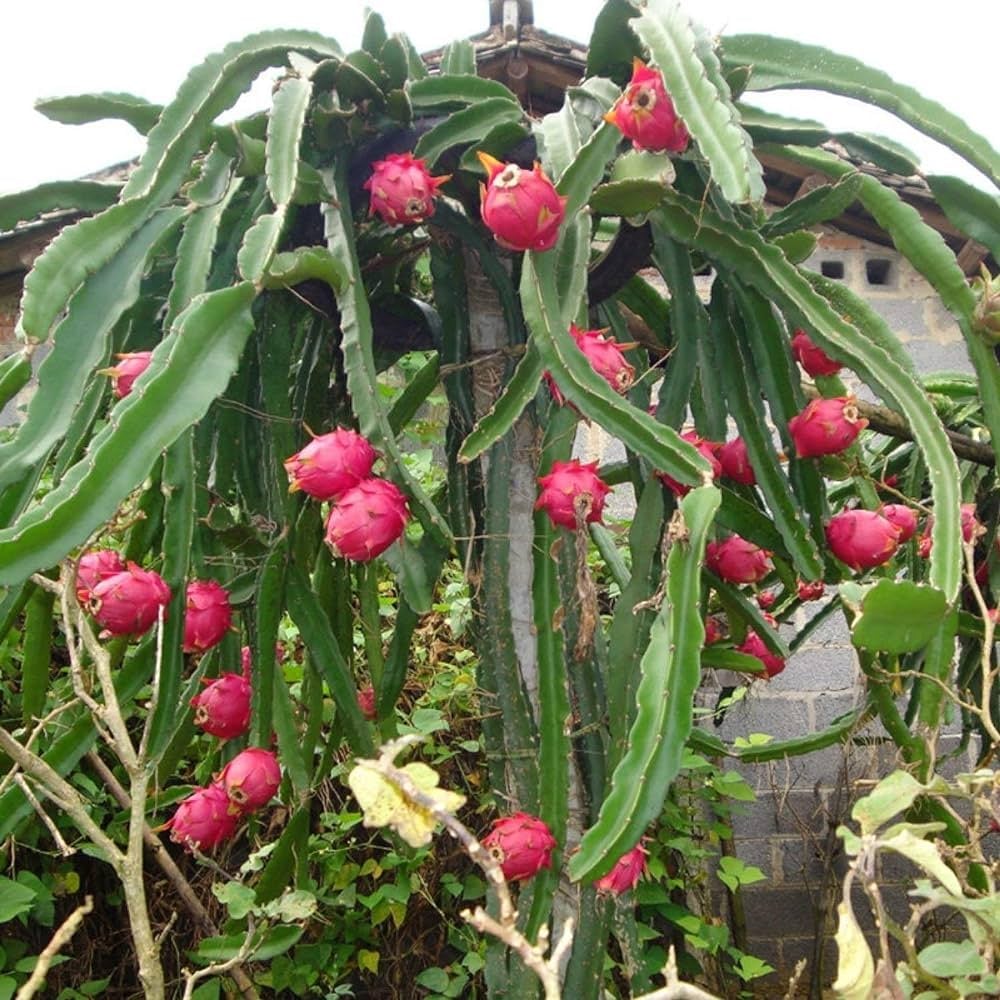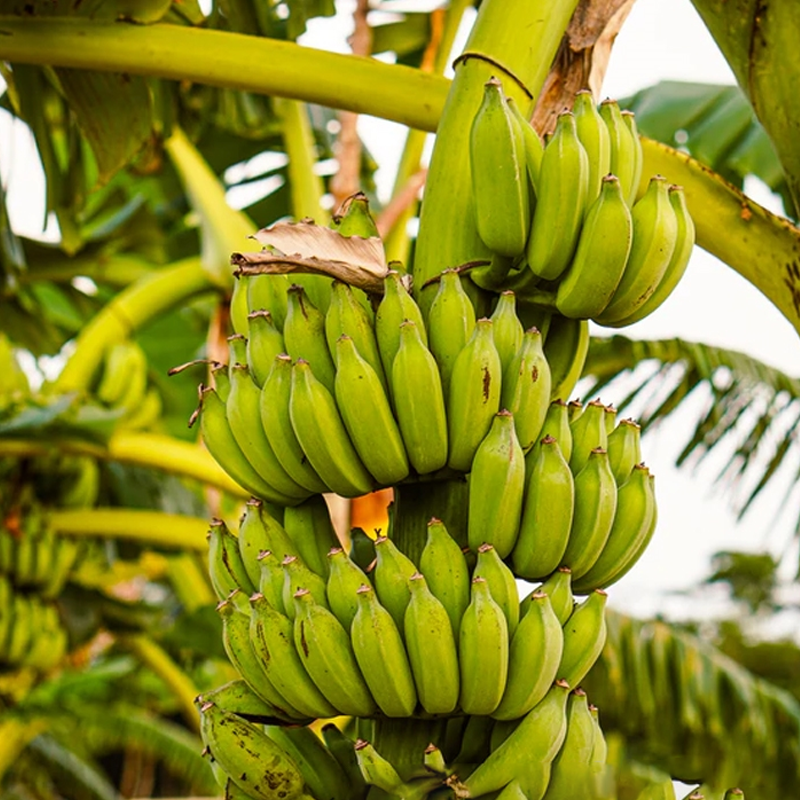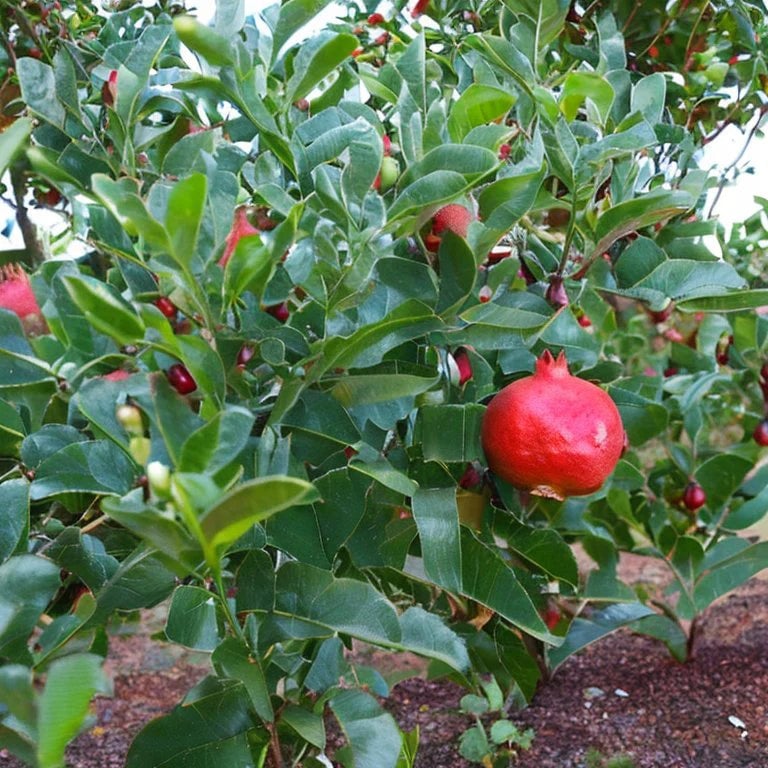
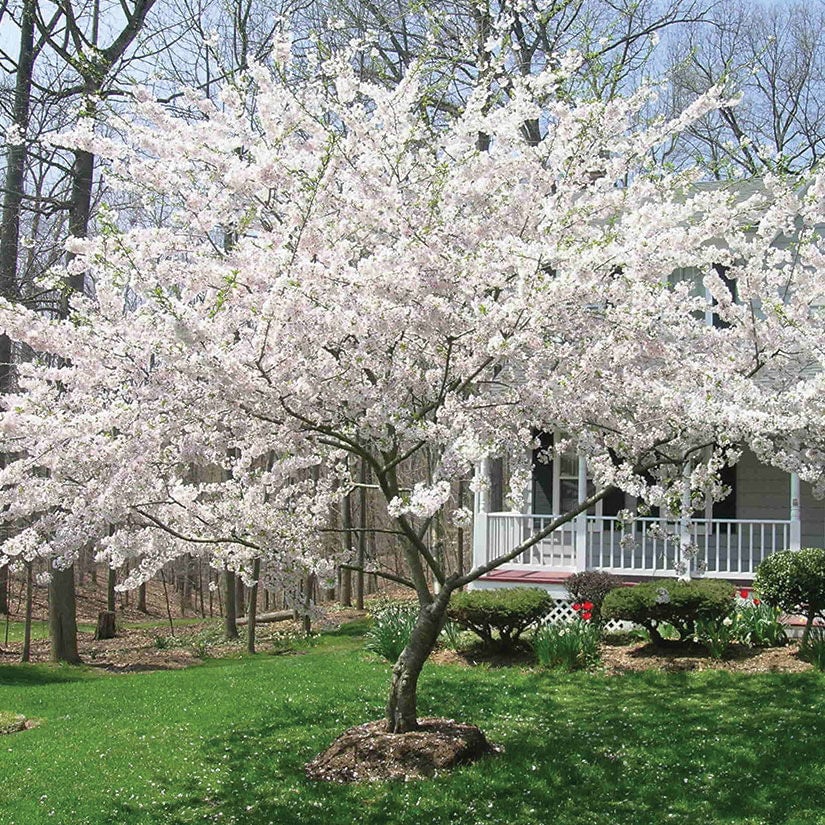

Yoshino Cherry Tree
Stunning springtime pink blossoms
Vibrant fall foliage colors
Perfect for ornamental landscaping
Thrives in
ZONE 5ZONE 6ZONE 7ZONE 8This plant ships:
Ships Week of May 5thYoshino Cherry Trees - Prunus × yedoensis
The Yoshino Cherry Tree, Prunus x Yoshino, is a striking and celebrated type known for its spectacular floral display and graceful form. This hybrid species, a blend of Japanese varieties, has gained international fame for its delicate beauty and is particularly cherished during blossom festivals.
Yoshino Cherry Trees are one of America's Favorite Flowering Trees
At maturity, they grow 20 feet and feature a broad, spreading crown that creates a serene, rounded silhouette. Its branches, often adorned with clusters of soft, pale pink to white flowers, unfurl in early spring, signaling the end of winter and the arrival of warmer days.
These blossoms are visually captivating and carry a subtle, pleasing fragrance that adds to their charm. The abundance of flowers creates a stunning, ethereal effect as they blanket them in a soft, cloud-like display.
Yoshino Cherry's Blooms are a Brilliant White
The leaves of them are equally noteworthy. They emerge in rich green, offering a vibrant contrast to the delicate blossoms. As the seasons change, the foliage transitions to warm shades of yellow and orange in the fall, providing an additional layer of visual interest. This seasonal shift contributes to its year-round beauty to any garden or landscape.
The Blooms of them are Heavy and Floral
In addition to its aesthetic qualities, it is valued for its adaptability and ease of care. It is well-suited to various soil types and environmental conditions, making it a popular choice for urban and suburban settings. Its resistance to common pests and diseases further enhances its desirability for gardeners and landscape designers. They embodies grace and resilience, offering beauty that transforms with the seasons. Its springtime blossoms bring a touch of enchantment, while its fall foliage provides a warm, colorful finale, making it a treasured addition to any landscape.
What are they used for?
This tree is dominant for ornamental purposes due to snow-white to pale pink blooms that are associated with spring flowers. Generally, it is grown in parks, gardens, and avenues to beautify any scenery with its grace.
Where do they grow best?
They love full sun exposure and grow well in well-draining soil conditions, and the best USDA hardiness zones of them are between 5 and 8. Moderate humidity is favorable for them, and they also require security from winds.
How big are they?
They have a canopy spread and a height of between 20 and 30 feet. Because they are not too large and have a circular crown, their lush shape becomes ideal for providing those much-needed shades and aesthetics in yards or public areas.
What is the lifespan of them?
The Yoshino Cherry Tree has an average lifespan of 15-20 years. If well taken care of, properly pruned, watered, and protected from diseases, then their lifespan will be optimized.
This Is How Your Plants Will Look upon Delivery

Bloom Season
Spring
Bloom/Foliage Color
White
Height at Maturity
Under 25 Feet
Care
The Yoshino Cherry Trees thrive in well-drained soil and require regular watering, especially during dry periods. Mulch around the base to retain moisture and suppress weeds. Pruning should be done after blooming and fertilized annually in early spring.
Plant Reproduction
Yoshino Cherry Tree spreads primarily through seed dispersal and suckers
Plant bare root trees during the dormant season in early spring or late fall (November through April). Dig the hole twice as wide as the roots so the soil is well-drained. Position the tree so the root flare is at or just above ground level. Fill the hole back with the soil you dug from and water. Maintain soil moisture, especially in the tree's early years, by providing deep, regular watering. Apply a 2-4 inch mulch away from the trunk at the base to retain moisture and suppress weeds. Prune trees during the first few seasons to establish strength and resilience, remove damaged branches, and continue maintenance pruning as the tree matures. Regularly inspect for pests and diseases and apply integrated pest management practices. Protect young trees from mechanical damage and extreme temperatures with tree guards, and stake them if necessary for support, removing the stakes after one or two years.
Shipping date depends on the date displayed and chosen when you order from the product's page.
We only accept returns on plants verified dead. If you think your plants have died, we offer a 1 year warranty, please use this File a Claim Link to verify dead plants and start with return warranty process.




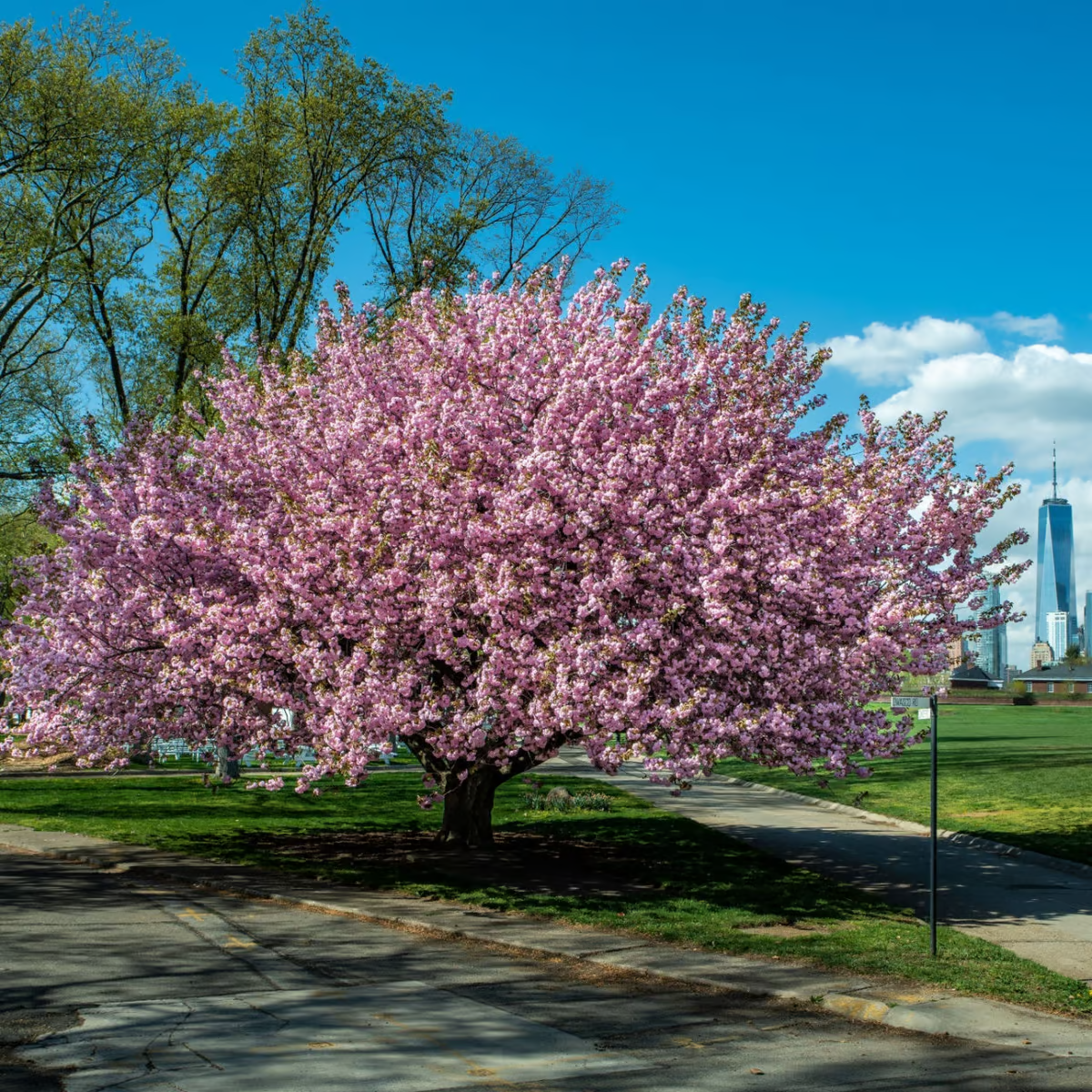
Lush Green Foliage:
The tree’s rich green leaves turn a vibrant orange-red in the fall, adding seasonal interest and color to your landscape.
Spectacular Blossoms:
Kwanzan Cherry Trees produce stunning double-pink flowers in spring, creating a breathtaking display of color.
Low Maintenance:
This tree is relatively easy to care for, requiring minimal pruning and care while providing consistent beauty year after year.
Compact Size:
With a manageable size, the Kwanzan Cherry is perfect for smaller gardens or urban landscapes, offering beauty without taking up too much space.
Caring Tips
How do I care for my Yoshino Cherry Tree?
Each box contains detailed care instructions and information about your product. But here's the basics.
Care Tips
The Yoshino Cherry Trees thrive in well-drained soil and require regular watering, especially during dry periods. Mulch around the base to retain moisture and suppress weeds. Pruning should be done after blooming and fertilized annually in early spring.
Light Requirements
The Yoshino Cherry Tree thrives in full sun to partial shade. For optimal blooming and health, it prefers at least six hours of direct sunlight daily. In shadier locations, it may have reduced flowering and growth.
Hardy Planting Zones
5 • 6 • 7 • 8
Header
Use this content to share information about your store and products.
Frequently Asked Questions
How often should I water my plants?
How do I know if my plant is getting too much or too little sunlight?
What should I do to prepare my plants for winter?
What are the signs that my plant needs fertilizing?
How can I prevent pests from damaging my plants?
How do I choose the right plant for my climate zone?


